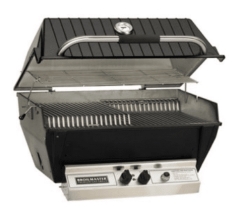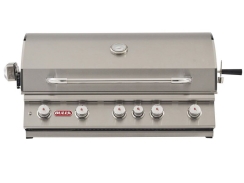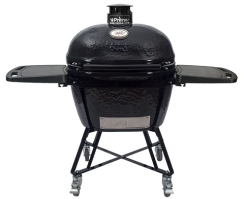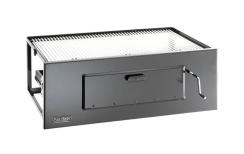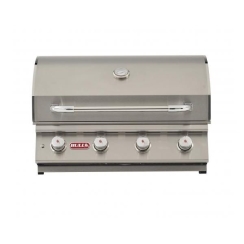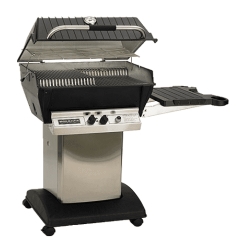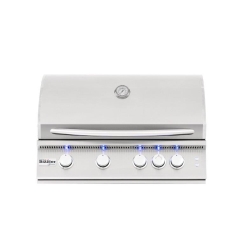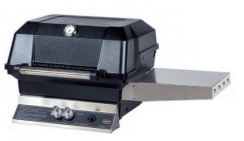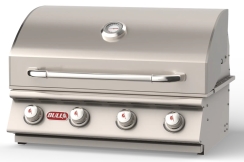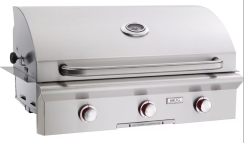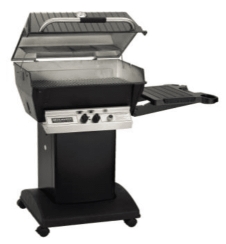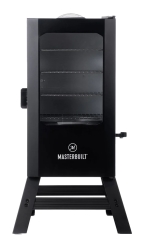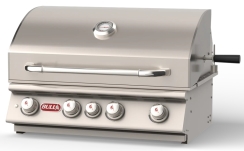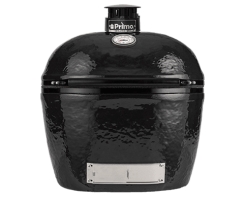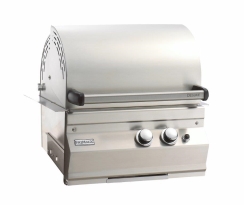Backyard Grills
Displaying 1–20 of 373 items
Have questions?
Our NFI-certified experts are here to help!Related Articles
Customer Q&A with Product Specialists
Thank you for reaching out!
Thank you for your interest in our products. We've received your question and will get back to you shortly — usually within the hour but always within 1 business day. To ensure you receive our response, please add our email address (info@efireplacestore.com) to your email whitelist or address book.
In the meantime, while we prepare our response, keep an eye on your inbox for an email from us. We'll be sending you our exclusive Buyer's Guide, packed with valuable information to assist you in making the best decision for your needs.
If you have any further questions or need immediate assistance, feel free to reach out to us directly at 1-800-203-1642.
Thank you again for choosing eFireplaceStore.com!
Customer Images

About Backyard Grills
There is nothing more summer in the US than cooking on a backyard grill. But with all the various grills on the market, how do you know which is the best fit for you? Backyard grills can come in various sizes, fuel types, and more. Sound a little overwhelming? Check out our Backyard Grills Buyer's Guide for information and recommendations on what grill would be best for you!
